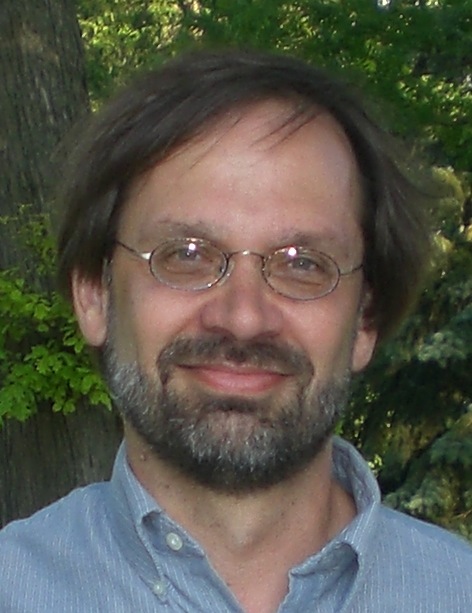Candidate Statement: Robert Hanisch
Nominated Office: Vice-President
Affiliation: Space Telescope Science Institute and Virtual Astronomical Observatory
Position/title: STScI Senior Scientist; VAO Director
PhD institution: University of Maryland College Park (1981)
Areas of scientific interest:
- clusters of galaxies
- extragalactic radio sources
- scientific data management and software
- scholarly publication
AAS positions:
- Chair, Publications Board (1996-1999)
- E-Publications Tiger Team (2000-2006)
- Chair, Search Committee, The Astrophysical Journal Editor-in-Chief (1998)
- Chair, Working Group on Astronomical Software (1987-present)
- Publications Strategy Meeting (April 2013)
Other relevant positions and experience:
- President, IAU Commission 5, Documentation and Astronomical Data (2012-2015)
- Co-Chair, IAU Working Group on Libraries (2009-present)
- Chair, IAU Working Group on Virtual Observatories, Data Centers, and Networks (2006-present)
- IAU Working Group on FITS (1985-present)
- Co-Chair of Science Organizing Committee, IAU Symp. 285, New Horizons in Time Domain Astronomy (Oxford, UK, September 2011)
- NAIC (Arecibo Observatory) Visiting Committee (2003-2005; chair in 2005)
- NRAO Visiting Committee (1995-1999)
- Co-Chair, National Academy of Science, Decadal Review Study Group on Computation and Data Handling (2009)
- Chair, Program Organizing Committee, Astronomical Data Analysis Software and Systems (ADASS) Conferences (1991-1996)
- Chair, Physics Advisory Committee, Lawrence University (2007-2013)
- Editorial Board, Astronomy and Computing (2012-present)
- Editor, Experimental Astronomy (1990-2004)
- Advisory Board, Astronomy Source Code Library (2011-present)
Candidate Statement: Having chaired numerous working groups, panels, and program organizing committees, I have extensive experience in meeting organization, selecting and recruiting speakers, identifying key topics, and constructing an overall program that takes into account a proper diversity of subject matter and speaker demographics. AAS meetings are primarily for discussion of new research results, and are broad in scope so that attendees can learn about advances in areas other than their specialty. I would like to see the scope broadened further, into areas about how research is enabled through information technology, software, archives, and instrumentation. While there are conferences dedicated to such topics (for example, ADASS and SPIE) we have only modest cross-talk. Sharing more information about research methods in the prestigious environment of an AAS meeting could have far-reaching benefits for the efficiency and transparency of astronomical research. As a Council member I would also encourage the Society to enrich the content of its journals through access to the digital data underlying images and spectra, the incorporation of other dynamic content such as reader-controllable 3-d figures, and links to the software used in the data processing, analysis, and modeling.


